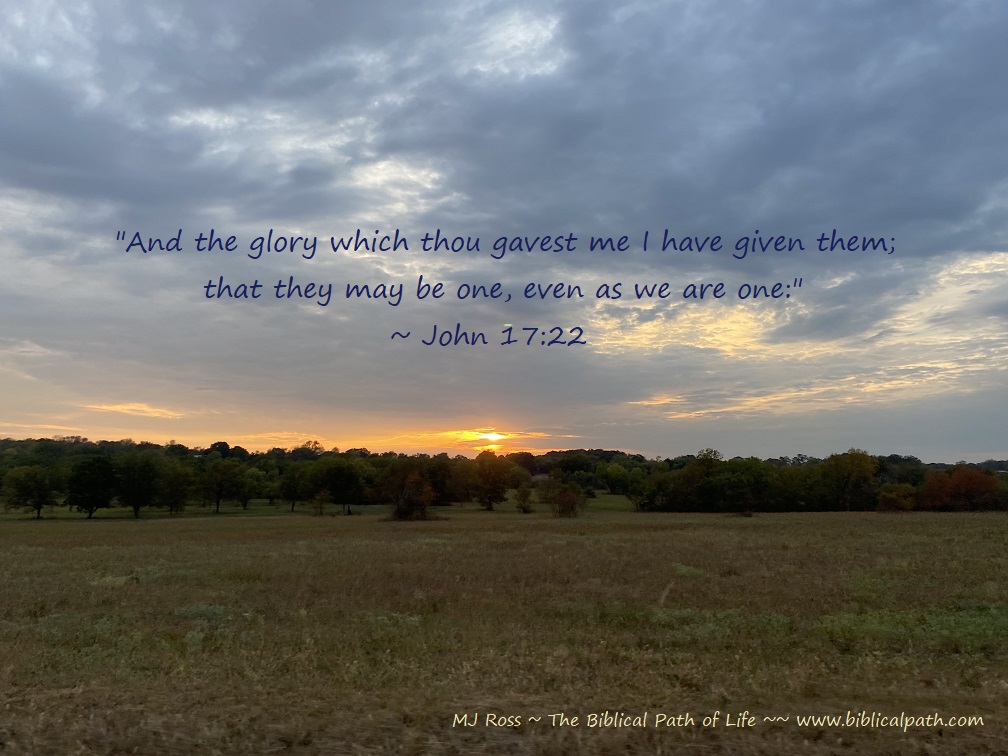
“Who can tell if God will turn and repent, and turn away from his fierce anger, that we perish not?”
Jonah 3:9
Do you remember what we can learn from the book of Jonah? After Jonah went to the people of Nineveh, the people understood that God expected repentance. In addition, they also had a hope that God would turn from his fierce anger and spare their lives. Remember the kings command: “8. But let man and beast be covered with sackcloth, and cry mightily unto God: yea, let them turn every one from his evil way, and from the violence that is in their hands. 9 .Who can tell if God will turn and repent, and turn away from his fierce anger, that we perish not?” (Jonah 3:8-9). In the book of Jonah, we learned that the people in Nineveh turned from sin to God. We then read what God did. He turned from His fierce anger against sin when he saw true repentance throughout the city of Nineveh.
How in the world did the king of Nineveh know that God would turn from his fierce anger and forgive them? Consider the recent events of Jonah’s life.
God told Jonah to go preach to the enemy of God’s people, Nineveh. They were not God’s people, they were dead people (spiritually). Remember what Ephesians teaches us. “And you hath he quickened, who were dead in trespasses and sins” (Ephesians 2:1). Quickened means “to make alive; give life.” All apart from the saving knowledge of Christ are “dead in trespasses and sins.” The Assyrian people of Ninevah were a wicked and evil people: “dead in trespasses and sins.” God told Jonah to go preach to them. Apparently Jonah did not agree with what God wanted him to do, for he went the opposite direction. When the storm came, Jonah recognized it was the hand of God for Jonah’s disobedience (see Jonah 1:12). When the men threw Jonah overboard, the great fish that God had prepared, swallowed Jonah. That great fish was appointed by God, for God wanted Jonah to learn a lesson that he needed to know. Jonah was not in charge – God was. We can read that while Jonah was in the belly of that great fish, he prayed. Jonah was there until his thinking aligned with God’s way. Even though Jonah may have hated the people of Nineveh, Jonah recognized that obedience to God was most important. Jonah promised to do that which he vowed to the Lord. “And the LORD spake unto the fish, and it vomited out Jonah upon the dry land” (Jonah 2:10). God then told Jonah, the second time, to go to Nineveh and preach. Jonah went and said, “Yet forty days, and Nineveh shall be overthrown” (Jonah 3:4b). If you think about it, Jonah went, but this was the message that Jonah wanted to give. However, God had provided the people of Nineveh a better message than the words that Jonah spoke. The people of Nineveh witnessed Jonah’s life experience of being in the belly of the great fish. Jonah had disobeyed God, running from Him, and then experienced what could only be seen as death for three days at the bottom of the sea. Now, Jonah was alive where God wanted him, walking among them and warning them that Nineveh would be overthrown. This life witness must have spoken louder than Jonah’s words, for his words were few. However, God’s call came through Jonah’s words. One must hear God’s Word in order to be made alive. “For after that in the wisdom of God the world by wisdom knew not God, it pleased God by the foolishness of preaching to save them that believe” (1 Corinthians 1:21). Jonah had to go give the people a message from God. We can recognize that in spite of the few words, the new life after rebellion, death and then repentance, spoke loudly to the people. “So the people of Nineveh believed God, and proclaimed a fast, and put on sackcloth, from the greatest of them even to the least of them” (Jonah 3:5). God spared Nineveh.
Jonah had ended up in the belly of that great fish because he rejected God’s Word. Jonah had to change his thinking to align with God and His Word, turning his heart back to Him. This is called repentance. It was only then that he could do what God wanted him to do.
There are many Christians who do exactly what Jonah did when God told him to deliver a message to Nineveh. They make excuses, and oftentimes go the opposite direction God sends them. If you are a Christian and have someone that God has instructed you to tell about Jesus, go tell them. God requires His Word to be proclaimed in order for the lost to hear and believe in Him. Christians need to get their thinking aligned with what God teaches us to do according to His Word. Do not wait for God to make a life example out of your failure to obey God and His Word. The call of repentance, turning one’s heart and life to Jesus, is the only hope. Remember also that Jonah’s life spoke louder than his word.
Remembering what Jesus did for us, it should be easy to follow Him. It should be natural for Christians to do what He says and live for Him. Christians are not to live for ourselves, but consider it a joy that God is able to use us for His glory. Remember: “For whosoever shall call upon the name of the Lord shall be saved” (Romans 10:13). God never changes. Today, God still saves people who will call upon Him. But He sends Christians to deliver the message of Salvation.
Have you chosen to obey God’s Word, following Him instead of choosing to rebel against Him?








